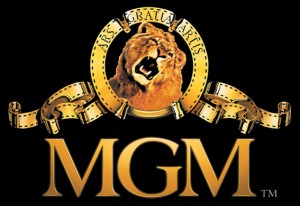November 21, 2011
Situation:
Let’s be real. Who hasn’t used limewire to download free music? Many people, at some point, have taken advantage of free music downloading from networks like limewire to save a little money. It’s only a song, right?
Legal Background
A similar case to the hypothetical case above actually went to the Supreme Court in 2005 as music sharing became more popular. In Metro-Goldwyn-Mayer Studios, Inc. v. Grokster, Ltd., several larger music studios discovered that the defendents in the trial, Grokster and StreamCast Networks had distributed software that allowed computer users to share files through peer-to-peer networks. (Basically, these networks are less expensive and more stable, so they are becoming more popular.) The two companies get their revenue by the advertising they stream to users while they are downloading the files (that’s why the case is in the advertising chapter) and the companies do not block any users from using their software to download illegal files, let alone warn people beforehand that they are downloading illegal files.
So here’s what happened: The court decided the outcome of the case with the “Sony law,” which checked if a company is “capable of commercially significant noninfringing uses.” (They said Sony was because they produced a video recorder so people could watch their recorded videos later at their convenience) Although some of the concurring opinions were different, the court said that the lower courts were at fault for ruling in favor of Grokster. Instead, the court ruled in favor of MGM because Grokster’s intent was to provide, even encourage copywrite infringement by way of advertising. Grokster showed a purpose or cause to benefit from third party acts of copywrite infringement.

